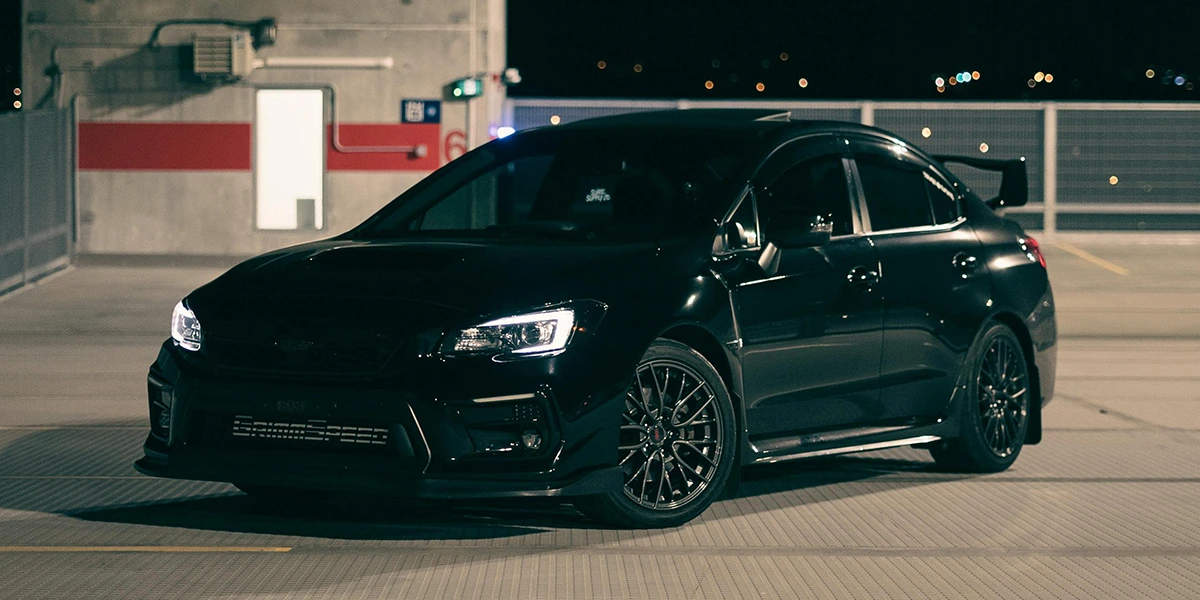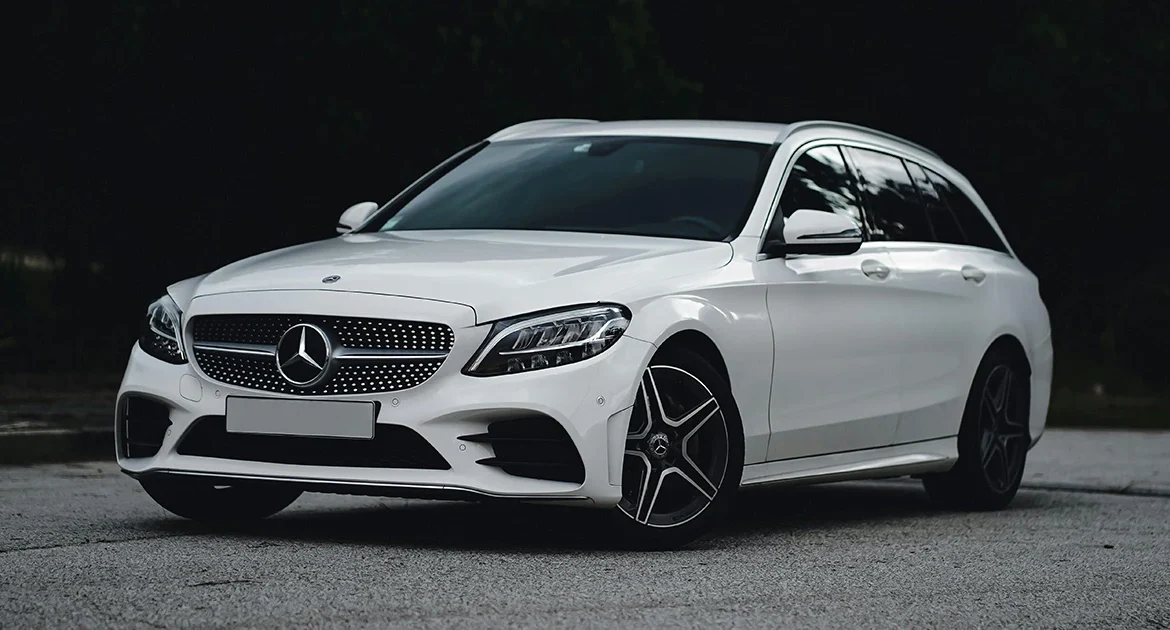Car window tinting is becoming increasingly popular among vehicle owners looking to enhance both the appearance and functionality of their cars. A tinted window car offers a sleek look while providing numerous benefits, such as reducing glare, improving privacy, and protecting the interior from harmful UV rays. However, with so many options available, it’s natural to have questions about car window tinting. Whether you’re considering window tint for the first time or looking to upgrade your current tint, this guide will answer the most frequently asked questions, helping you make an informed decision for your vehicle.

-
What Is Car Window Tinting?
Car window tinting is the process of applying a thin laminate film to a vehicle’s windows to reduce sunlight penetration, block UV rays, and enhance privacy. This film comes in various shades and materials, providing different levels of opacity and protection.
-
Why Should I Consider Tinting My Car Windows?
There are several reasons to opt for tinted window cars, including:
- UV Protection: Window tinting blocks up to 99% of harmful ultraviolet rays, protecting your skin and your car’s interior from damage.
- Heat Reduction: Tinting helps keep your car cooler by reducing heat buildup, especially during hot summer months.
- Enhanced Privacy: Darker tints prevent outsiders from easily seeing into your car, safeguarding your valuables.
- Improved Aesthetics: Tinted windows add a sleek, modern look to your car.
- Glare Reduction: Tinting minimizes glare from the sun and headlights, improving driving comfort and safety.
-
Is Car Window Tinting Legal?
Yes, car window tinting is legal, but regulations vary by region. Laws typically dictate the allowable Visible Light Transmission (VLT) percentage for different windows:
- Front Windshield: Often limited to a small tinted strip at the top.
- Front Side Windows: Usually required to allow more light through (e.g., 70% VLT).
- Rear Windows and Back Windshield: These often have fewer restrictions and can be darker.
Always check local tinting laws to ensure compliance.
-
What Are the Different Types of Window Tint Films?
There are several types of window tint films, each offering unique benefits:
- Dyed Film: Budget-friendly with good aesthetics but limited durability.
- Metalized Film: Offers excellent heat and UV blocking, but may interfere with electronics.
- Carbon Film: Durable and non-reflective, with good heat rejection.
- Ceramic Film: Premium option with superior UV protection, heat rejection, and no interference with signals.
- Hybrid Film: A combination of dyed and metalized films, balancing cost and performance.
-
How Long Does Window Tinting Last?
The lifespan of tinted window cars depends on the film quality and installation:
- Basic Films: 1-3 years.
- Mid-Range Films: 5-7 years.
- Premium Films (e.g., Ceramic): Up to 10 years or more.
Proper care and maintenance can extend the life of the tint.
-
How Much Does Car Window Tinting Cost?
The cost of car window tinting varies depending on:
- Type of Film: Premium films like ceramic are more expensive.
- Car Size: Larger vehicles require more film and labor.
- Installer Expertise: Professional services may charge more but ensure high-quality work.
On average, expect to pay $150–$600 for a standard tint job.
-
Can I Tint My Car Windows Myself?
DIY tint kits are available, but professional installation is highly recommended for these reasons:
- Precision: Professionals ensure smooth, bubble-free application.
- Legal Compliance: Experts are familiar with local tint laws.
- Durability: Proper installation extends the life of the tint.
-
How Do I Maintain My Tinted Windows?
To maintain the tint and avoid damage:
- Wait Before Cleaning: Do not clean windows for a few days after installation to let the film cure.
- Use Gentle Cleaners: Avoid ammonia-based products, as they can damage the tint.
- Soft Materials: Use a microfiber cloth to clean and avoid scratching the film.
- Avoid Sharp Objects: Be cautious when handling items inside the car to prevent tears.
-
Can Window Tint Be Removed or Replaced?
Yes, the tint can be removed and replaced. Removal is often necessary if:
- The tint fades or peels.
- You need to comply with updated legal regulations.
- You want to upgrade to a higher-quality film.
Professional removal ensures the adhesive residue is completely cleared.
-
Does Tinting Affect Night Driving?
High-quality tints, like ceramic films, have minimal impact on visibility at night. However, very dark tints may reduce night-time visibility, especially on front windows. Choose a film with an appropriate VLT percentage for safe driving.
-
How Long Does the Tinting Process Take?
The time required for car window tinting depends on:
- Car Size: Sedans may take 2–4 hours, while larger vehicles can take longer.
- Number of Windows: Tinting all windows takes more time than just tinting the rear or sides.
- Film Type: Premium films may require additional curing time.
-
Are There Any Risks Associated with Window Tinting?
While window tinting offers many benefits, potential risks include:
- Legal Penalties: Installing tints that don’t meet legal standards can lead to fines.
- Reduced Visibility: Overly dark tints may impair vision in low light.
- Peeling or Bubbling: Poor-quality films or improper installation can lead to peeling.
Choosing a reputable installer minimizes these risks.
-
How Do I Choose the Right Window Tint Installer?
To ensure a satisfactory experience with tinted window cars, look for an installer who:
- Has positive reviews and a strong reputation.
- Offers a warranty on the tint film and installation.
- Uses high-quality, certified films.
- Complies with local tinting laws.
-
Will Tinting Affect My Car’s Resale Value?
Window tinting can enhance your car’s resale value if:
- It is professionally installed.
- The film is in good condition.
- It complies with local regulations.
On the other hand, poorly done tinting or illegal tints can lower the resale value.
-
Are There Any Alternatives to Window Tinting?
Yes, alternatives include:
- Sunshades: Temporary solution for UV and heat protection.
- UV Window Protectors: Transparent films that block UV without darkening windows.
- Smart Glass Technology: Adjusts tint levels electronically but is more expensive.
Car window tinting is a worthwhile investment that offers numerous benefits, from improved aesthetics to increased comfort and protection. By understanding the nuances of car window tinting, including legal requirements, film options, and maintenance tips, you can make a confident choice for your vehicle. For the best results, always choose high-quality materials and professional installation to enjoy the full benefits of a tinted window car.
Is car window tinting legal?
Yes, tinting car windows is legal as long as the film used complies with the legally imposed darkness limits. We offer a variety of tint options, from transparent films to the darkest legal tints, so you can find one that suits your needs and style. Our friendly team is here to guide you in selecting the perfect tint for your car and lifestyle.
How much does car window tinting cost?
The cost of tinting your car windows depends on the type of tint film you choose and the make and model of your car. We offer a wide selection, ranging from budget-friendly options to premium-grade films.
How long does the tinting process take?
The time required to tint your car varies based on its size. Typically, an average sedan takes around two hours, while an SUV might require an additional hour. If you’re replacing an existing tint, extra time may be needed to remove the old film and prepare the windows.
To make things convenient, most Tint Car stores provide courtesy cars or a pick-up/drop-off service. For precise details, contact your nearest location.
How should I clean my windows after tinting?
Wait at least 21 days before cleaning your tinted windows to allow the film to fully dry. After this period, clean with a soft, lint-free cloth and a mild cleaning agent. Avoid cleaning the glass during the drying phase to ensure a flawless finish.
Car window tinting is a popular choice for many vehicle owners looking to enhance both the aesthetics and functionality of their vehicles. With benefits ranging from improved privacy to better UV protection, tinted windows offer a wide array of advantages for your car. Whether you’re considering car window tinting for the first time or are curious about the different types available, understanding the various factors involved, such as legal regulations and maintenance tips, will help you make an informed decision. Choosing to install a tinted window car can greatly improve your driving experience, providing added comfort, style, and safety.


Leave a Reply